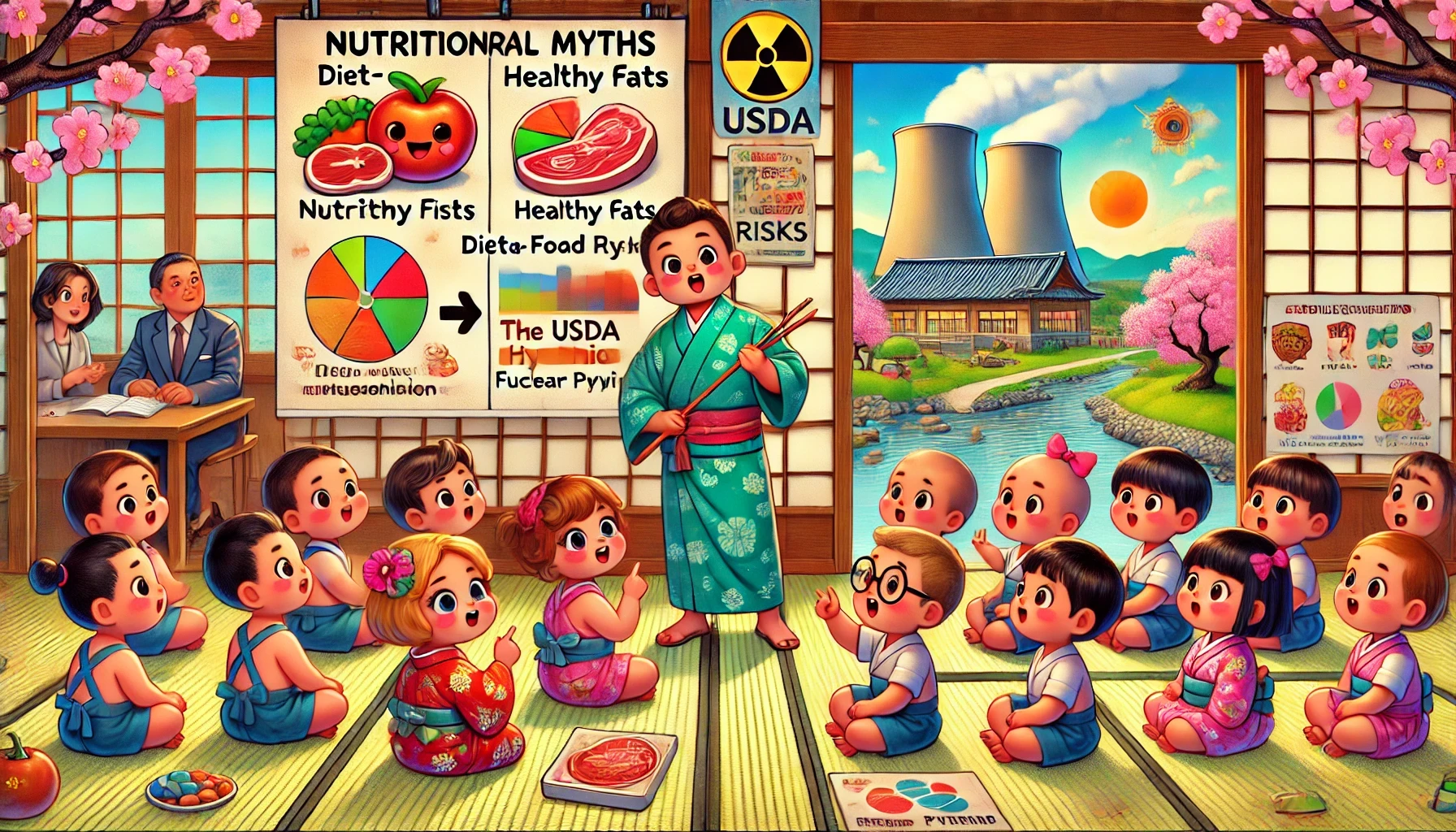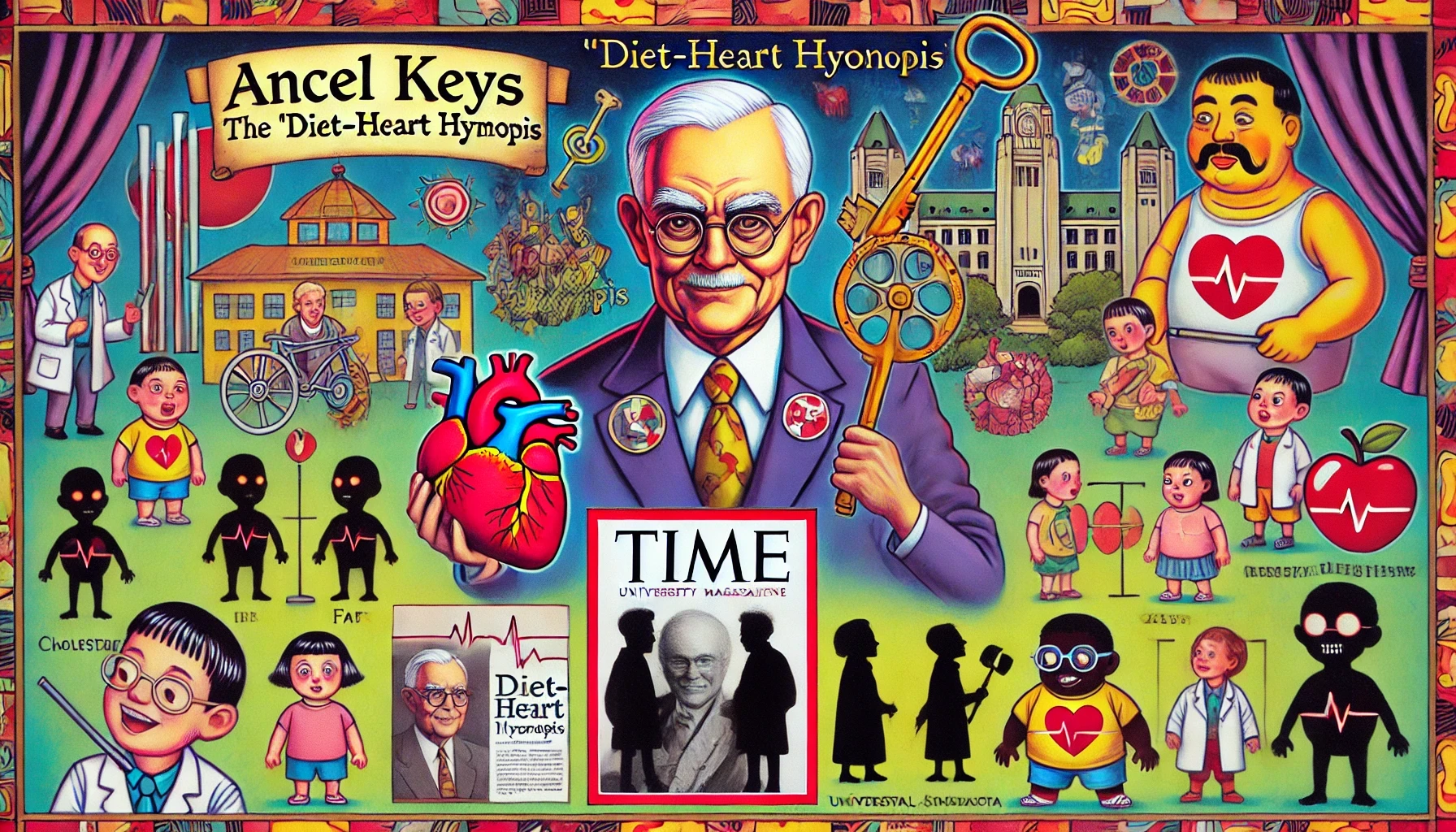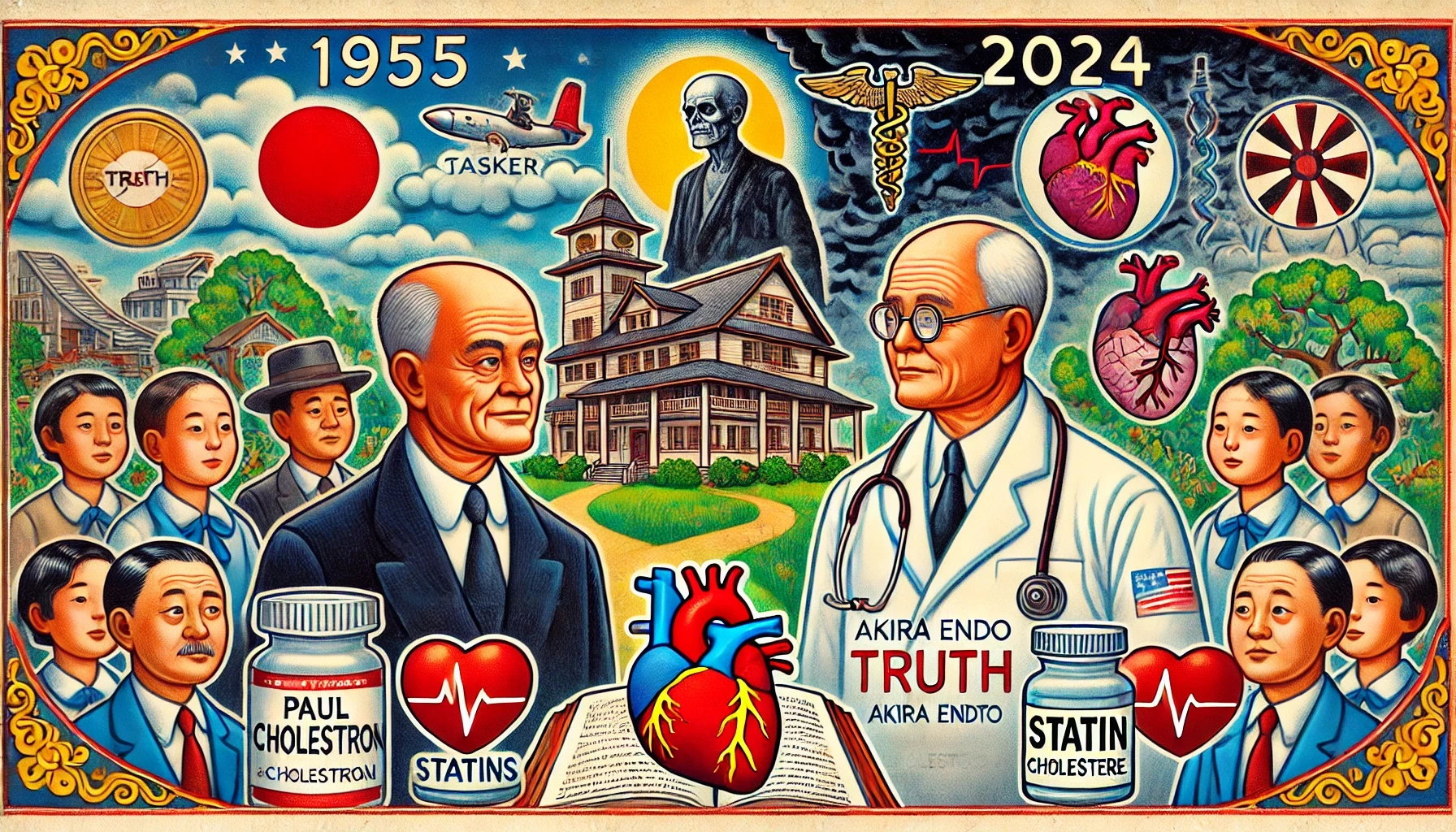ZENPTY.

Global Dietary Directions: How American Guidelines Shape Health Policies Abroad
May 27, 2024
In a fascinating exploration of dietary history, we previously opened a discussion on "The Ancestral Diet Revolution," which attributes chronic illnesses to the pervasive use of vegetable oils. As we trace the staggering increase in vegetable oil consumption—up 650-fold since 1865—we now delve into the historical roots of this trend and its implications for our health.
The story begins in the heart of the 19th century industrial revolution with cottonseed oil, a byproduct of cotton manufacturing, originally used as lamp and machine oil. Its journey from an industrial waste to a kitchen staple encapsulates a larger narrative of transformation and adaptation. Popular Science once noted the progression: what was garbage in 1860 turned into cattle feed by 1890, and astonishingly, became a food product by the same year. The introduction of soybean oil in 1909 and the creation of Crisco, a margarine-like spread, further entrenched vegetable oils in American kitchens. Promoted as a healthier alternative to animal fats like butter and lard, these oils were even claimed to improve children's moral character—a marketing legacy that persists today as vegetable oils are endorsed as heart-healthy choices.
The promotion of vegetable oils was paralleled by a rise in metabolic disorders. This was catalyzed by the American Heart Association's endorsement in 1961 of the "Diet-Heart Hypothesis" by Ancel Keys, which suggested that saturated fats increase cholesterol and thereby risk of heart diseases. Yet, this theory, based on selective data from his Seven Countries Study, omitted contrasting evidence from other nations like France, where high consumption of saturated fats coincided with good health.
The decisions made in America often carry significant global influence, both beneficial and detrimental. This is evident in the 2020-2025 edition of the Dietary Guidelines for Americans, which continues to advise against saturated fats like butter, while endorsing the inclusion of polyunsaturated fats such as vegetable oils. This stance has notably impacted Japanese nutritional policies as well; the influential work of Ancel Keys is still cited in the 2020 Dietary Reference Intakes for Japanese—the primary guideline for the nation's healthcare providers and nutritionists.
This alignment with American dietary standards may not serve the health of the Japanese populace well, yet it proves advantageous for the Japanese Oilseed Processors Association. They have stated on their website that despite the toxicity concerns surrounding linoleic acid—a primary component of vegetable oils—the Dietary Reference Intakes do not view it as a health risk, a stance that contradicts much of the available data. The website outlines, "Previously, there was concern that an increase in the amount of linoleic acid consumed would increase the risk of cancer; however, meta-analysis shows that, at the very least, there is no relationship with breast cancer, stomach cancer, or prostate cancer." It also notes that following further review, earlier assertions linking linoleic acid to cancer were removed from the 2020 edition of the guidelines, leading to the current position that consuming appropriate amounts of linoleic acid poses no health issues.
As we reflect on these developments, it becomes evident that our dietary guidelines are not just about health but are deeply entwined with industrial and economic interests. In our next discussion, we will look towards ancestral wisdom to uncover dietary practices that could lead us back to a path of genuine health and well-being.
Source: Unless otherwise noted, all data in this article comes from "The Ancestral Diet Revolution."
A Carnivore Journey: How Letting Go of Carbs Opened New Doors
Nutritional Myths and Nuclear Risks: The Parallel Stories of Regulatory Capture
Silencing Dissent: How Ancel Keys' Hypothesis Dominated Nutrition Science
Ancel Keys and the Diet-Heart Hypothesis: A Deep Dive into Flawed Science
Unmasking the Villain: Ancel Keys and the War on Saturated Fat
From Eisenhower to Endo: The Evolution of Heart Health Myths






